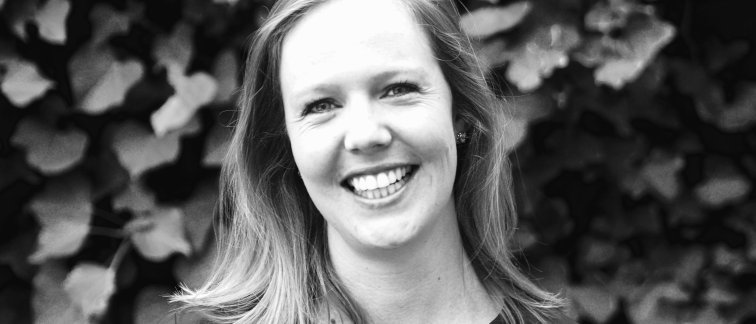The Amsterdam UMC Young Talent Fund provides young excellent Amsterdam UMC PhD candidates the unique opportunity to follow a course or an internship at one of the top international research institutes.
Tjitske van Engelen is a PhD Student at the Center for Experimental and Molecular Medicine (CEMM) and the department of Infectious Diseases. Despite current diagnostic possibilities, it remains challenging to diagnose pneumonia at the Emergency Department (ED), and identify those at risk for deteriorating in sepsis. A pivotal factor is the large heterogeneity amongst patients diagnosed with pneumonia. Tjitske’s objective is to study the host-pathogen response in patients presented at the ED with suspected pneumonia. She seeks to identify sets of biomarkers, expressed at protein and microRNA level, to stratify patients in clinically relevant subgroups; identifiable at presentation, prognostic for outcome, and relevant to treatment. The overall aim of such a comprehensive assessment of the host response to pneumonia is the development of rapid bedside testing, enabling targeted therapy and prevention of deterioration to sepsis.
At the University of Pittsburgh, Tjitske aims to learn how to apply multiple clustering methodologies to heterogeneous data to identify clinical phenotypes. She intends to study the theoretical background through courses provided by the Institute for Clinical Research Education (ICRE) at the University of Pittsburgh Clinical and Translational Science Institute (CTSI). For validation analyses and experiential learning, she will work with her supervisor, Prof. Dr. Seymour, who is leading a sepsis and critical illness focused translational laboratory at the University of Pittsburgh.
Tjitske is convinced that the next step towards defining clinically relevant subgroups is by combining the approach of her own department, with machine learning and clinical clustering techniques that are used in Pittsburgh. Her goal is to learn these techniques, validate her own results in a group of patients from Pittsburgh, and most of all, start a more close collaboration with the University of Pittsburgh to offer opportunities to future (young) researchers.

